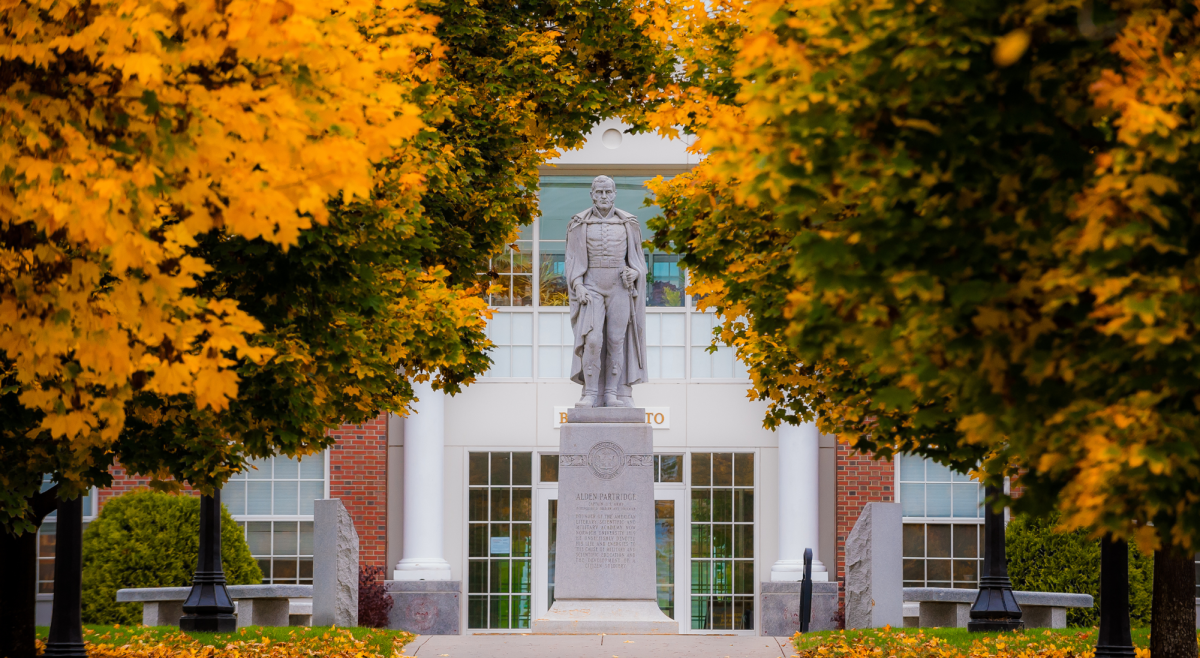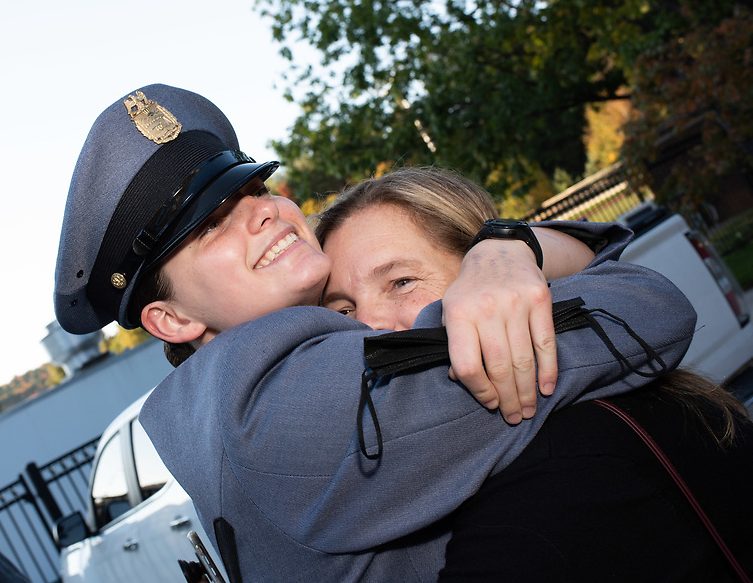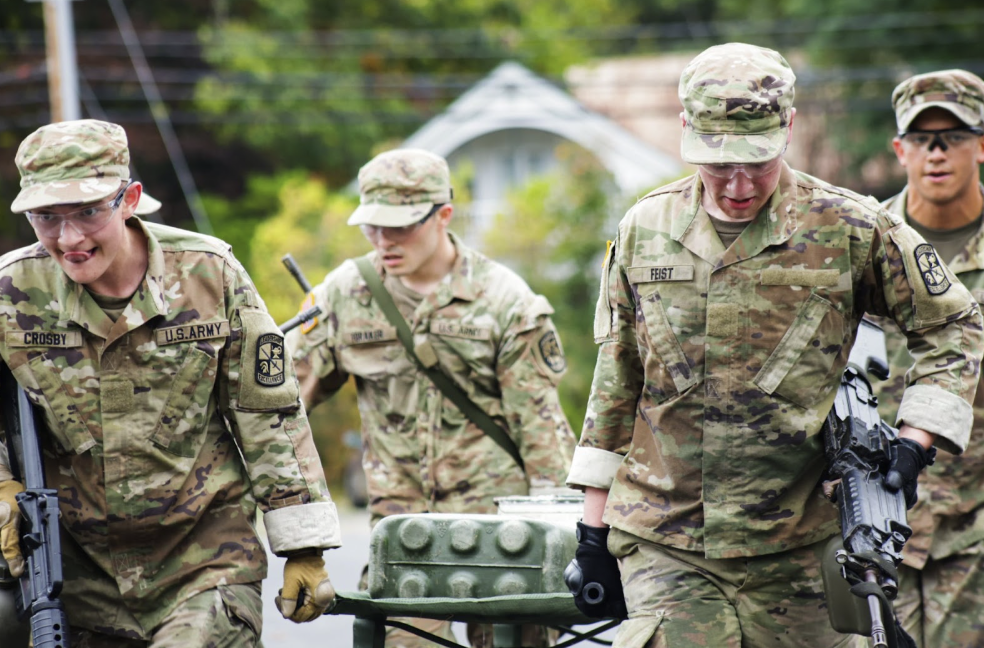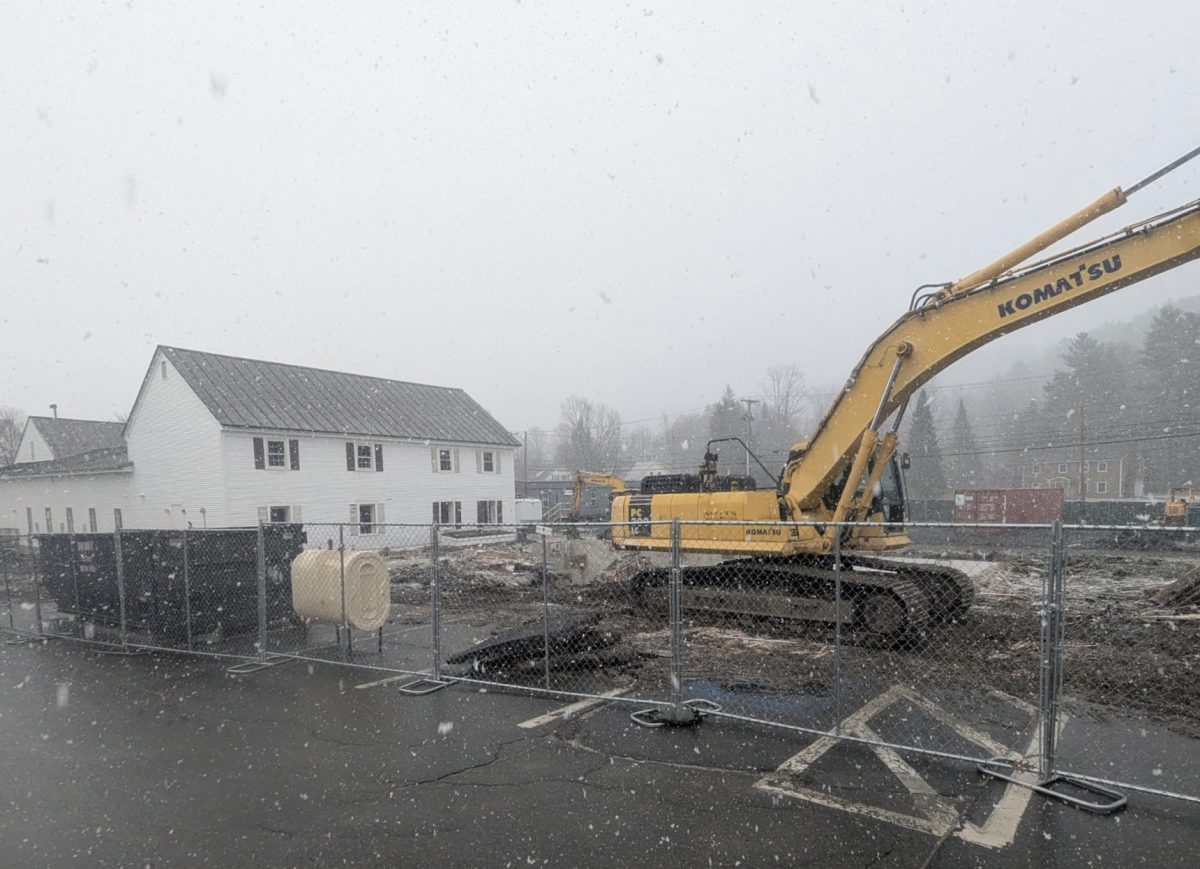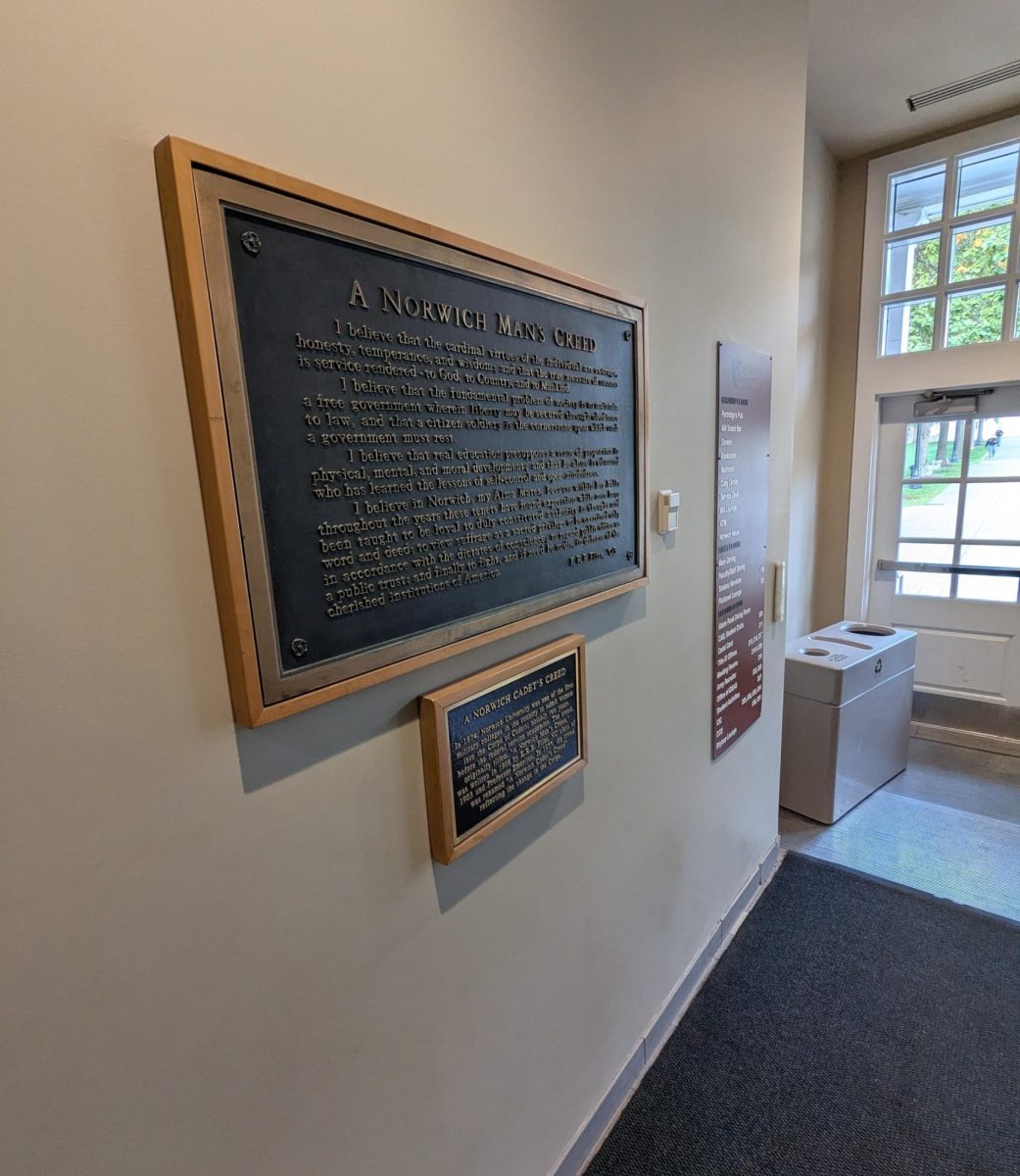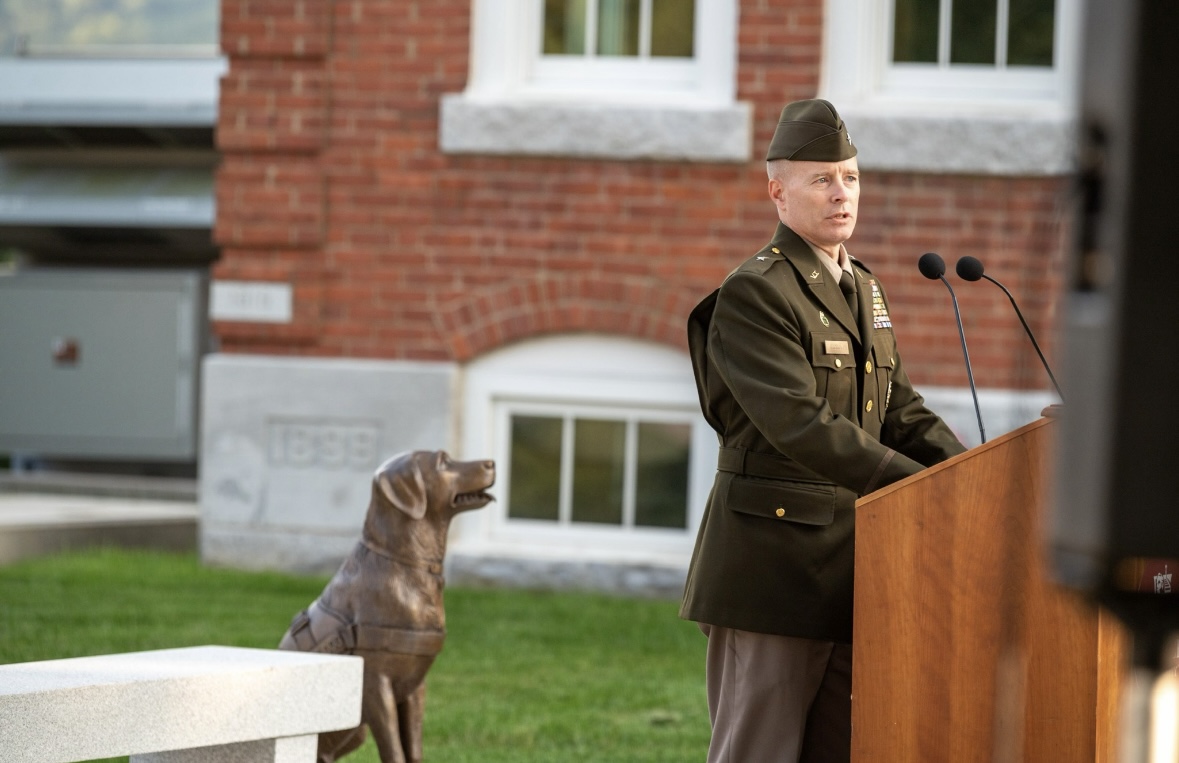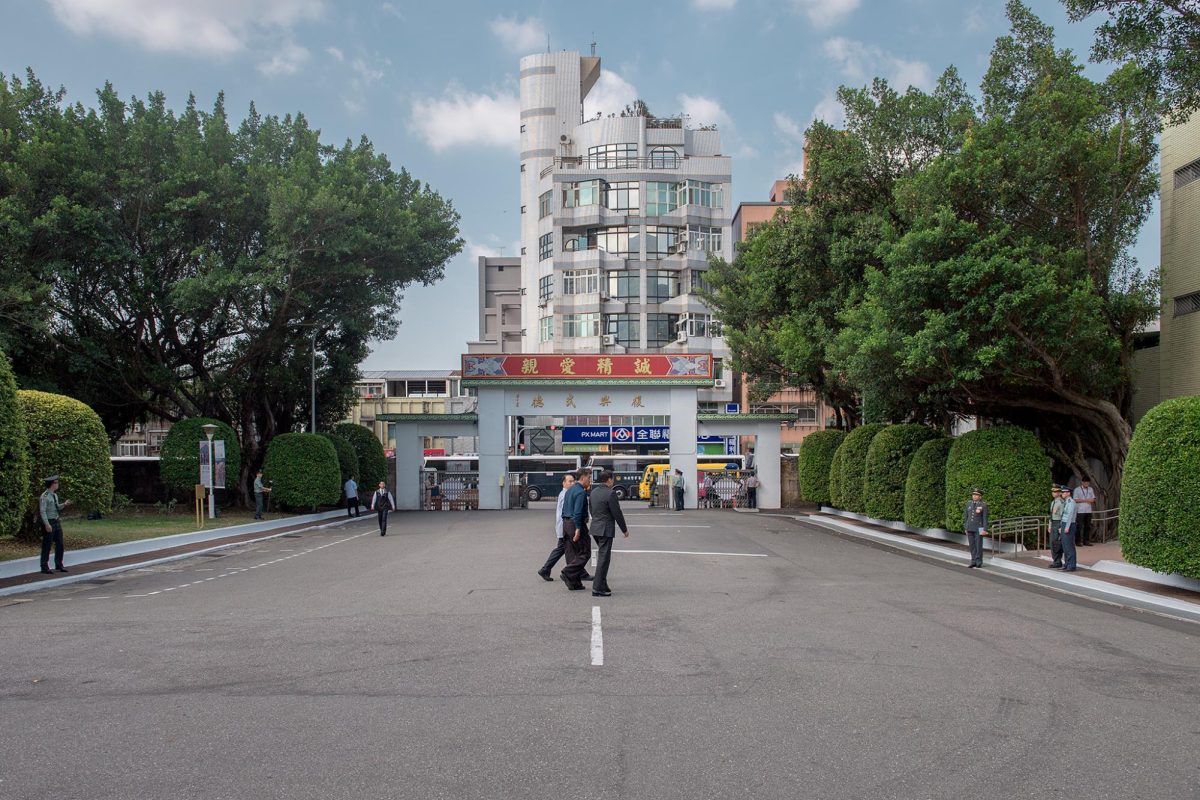The newly established International House at Norwich University creates excitement among students, providing a unique space to celebrate diverse cultures and cuisines.
“[The] International House is an interesting initiative, and I appreciate everyone who made it happen. Currently, we can cook in there [International House], and I hope we can stay over in the future during the breaks,” said Amaranth, 22, a junior civilian computer science major from India.
Designed as a hub for cultural exchange through food, the International House Kitchen is a place to cook and a melting pot where students can immerse themselves in different global flavors. Yet, this venture has challenges and calls for more extensive support for the international community at Norwich.
“The international house is a huge step forward for the university in supporting our international community here on campus. I think this is a great opportunity to bring cultures together on campus by sharing a common love of food,” said Noah Scott, a senior civilian construction management major from Fayetteville, NC.
The kitchen, open to all Norwich students through a reservation system, also serves as temporary housing for Cadets from France, fostering an environment where cultural diversity is embedded.
Both the domestic and international students are excited about the new possibilities provided by creating the house.
“Students have voiced a need for cooking foods from home that may be harder to come by in Northfield,” said Eli Barrett, Director of Student Activities and a key player in creating the International House.
The aim is to create a space for students to connect and build a community centered around international culture, addressing the yearning for a sense of home away from home.
However, Barrett acknowledges the challenges and emphasizes that the International House is not just a kitchen but a space that can be reserved for various international and culturally focused activities.
The International House at Norwich University is set to be a dynamic space, providing opportunities for cultural exchange and fostering a sense of community among students.
There is potential for the university to address the needs of international students more comprehensively and make strides toward a more supportive environment.
The call for increased collaboration between students, faculty, and staff remains, emphasizing the importance of collective efforts in ensuring the success and sustainability of the International House.
“I hope everyone uses the space properly and keeps it clean so everyone can use it provided,” said Amaranth.
“Additionally, I hope the international center will provide supplies for the kitchen, including rice and masalas.”
To get involved or seek more information, Barrett invites individuals to reach out through email at [email protected], underlining the inclusivity of the initiative.

